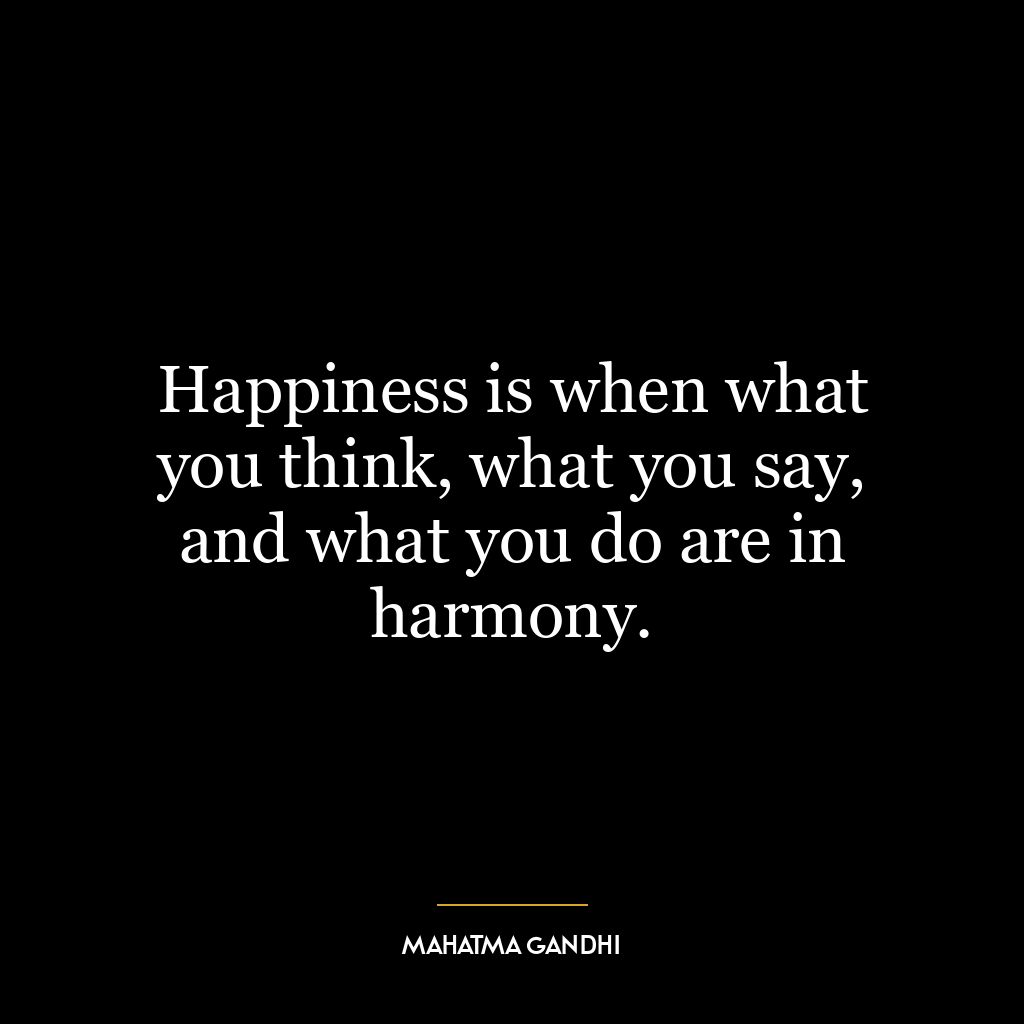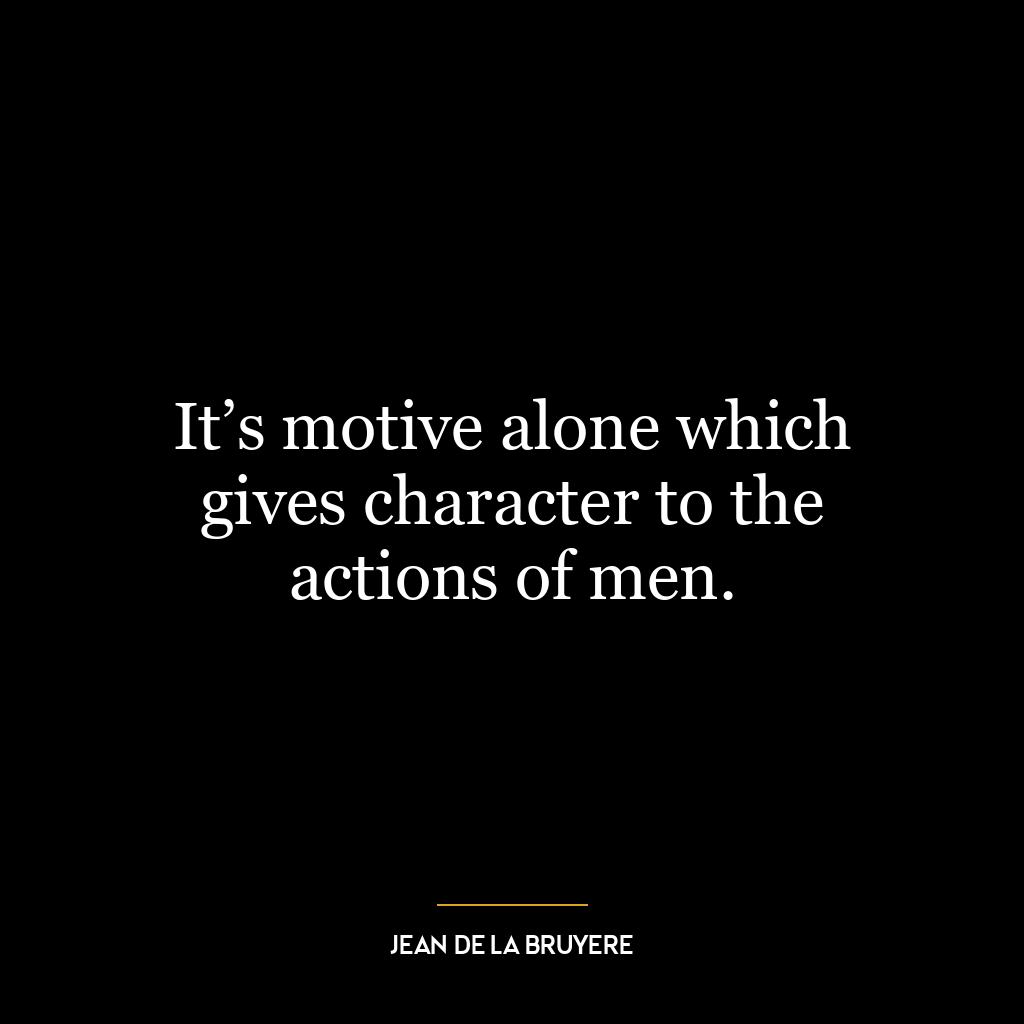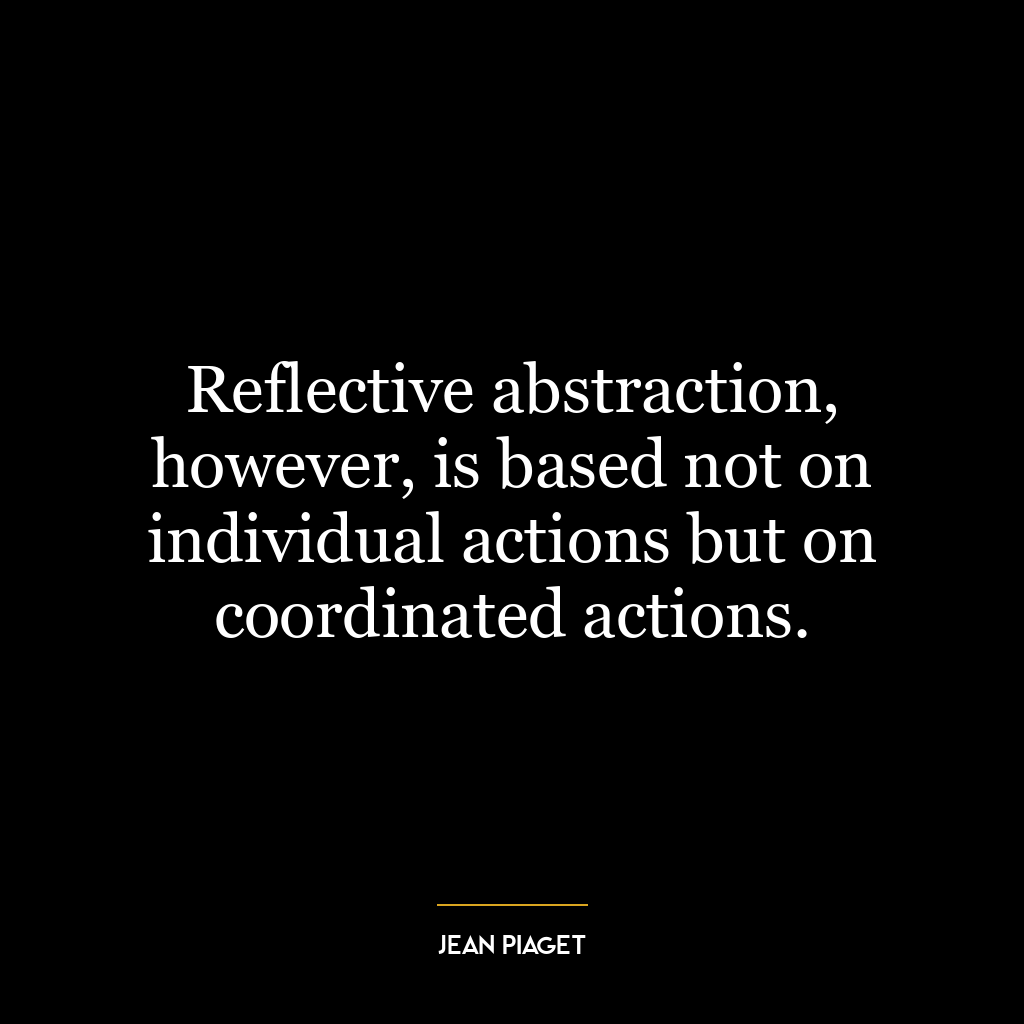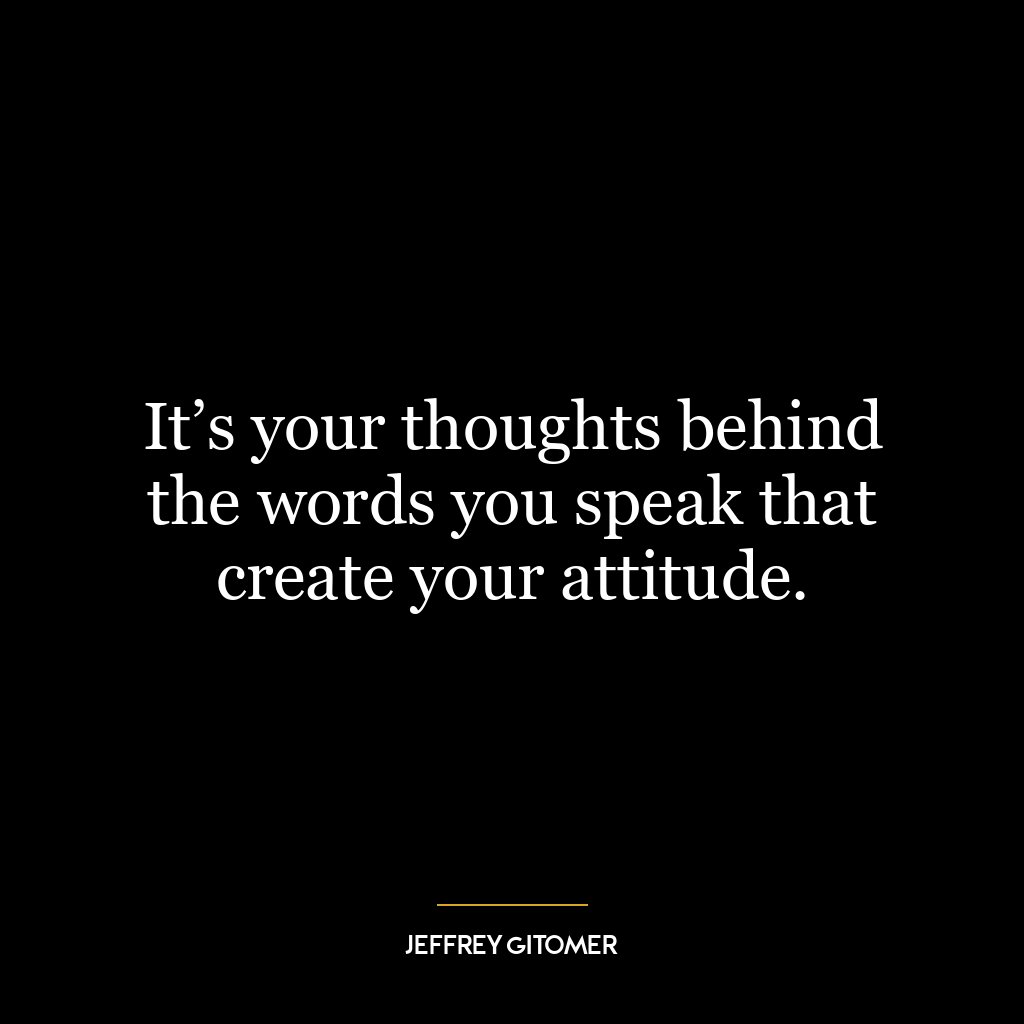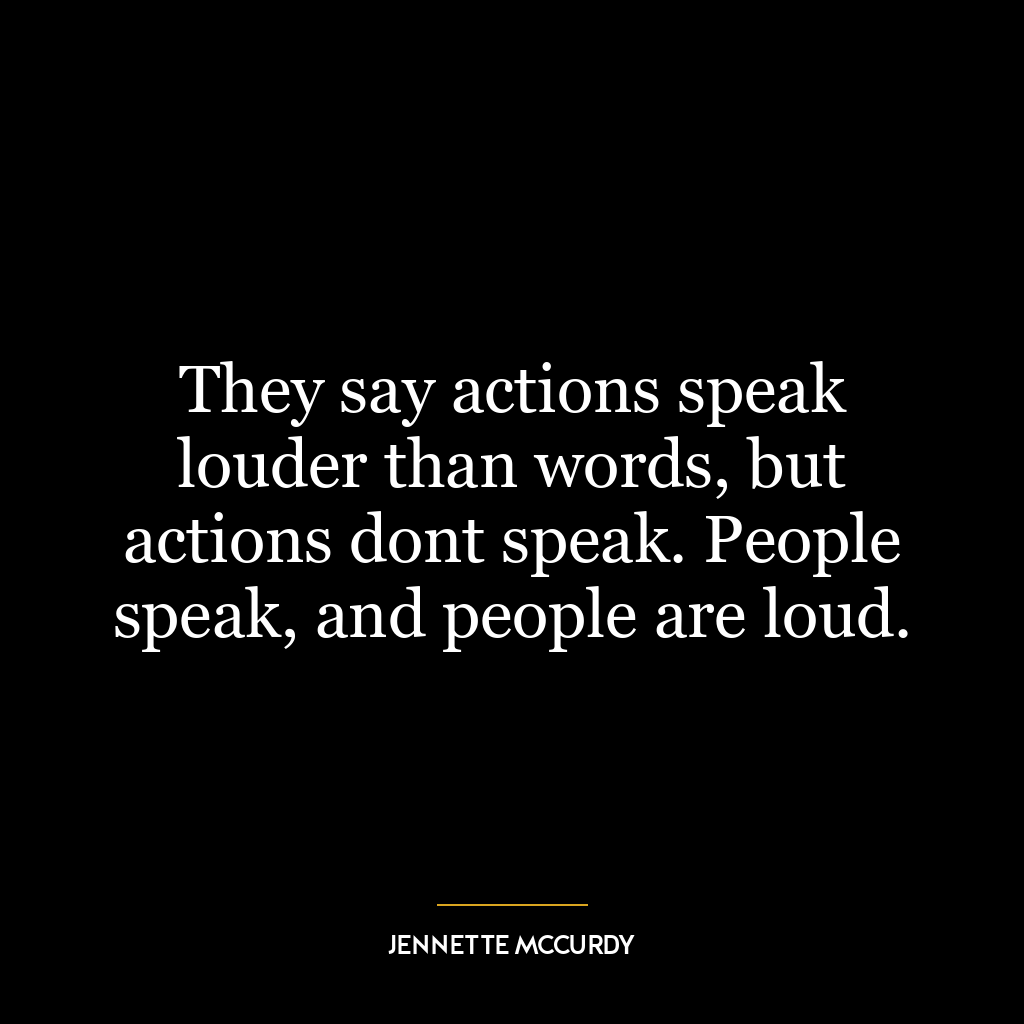Happiness is when what you think, what you say, and what you do are in harmony.
This quote is a profound reflection on the nature of true happiness, suggesting that it is not derived from external circumstances but from internal consistency and integrity. It implies that happiness isn’t about what we have, but rather, it’s about the alignment of our thoughts, words, and actions.
When our thoughts, words, and actions are in harmony, we are living authentically. We are true to ourselves, our values, and our beliefs. This harmony eliminates internal conflict, leading to a sense of peace and contentment, which is the essence of happiness. When we think one thing, say another, and do something else entirely, we create dissonance within ourselves, leading to stress, unhappiness, and dissatisfaction.
In today’s fast-paced world, it’s easy to fall into the trap of saying what we think others want to hear, or doing what we believe is expected of us, even if it doesn’t align with our true thoughts and feelings. Social media, for instance, can often pressure individuals into presenting an image of themselves that doesn’t truly reflect who they are or what they believe in. This disconnection can lead to feelings of unhappiness and dissatisfaction.
Applying this quote to personal development, it encourages self-awareness, authenticity, and integrity. It suggests that personal growth and happiness come from aligning your actions with your beliefs and values. For example, if you value honesty, but find yourself frequently lying to please others, this quote would encourage you to align your actions (lying) with your thoughts and values (honesty), leading to greater personal integrity and, ultimately, happiness.
In conclusion, this quote is a reminder to live authentically and maintain alignment between what we think, say, and do. It’s a call to stay true to ourselves, our beliefs, and our values, as this is the path to genuine happiness.

